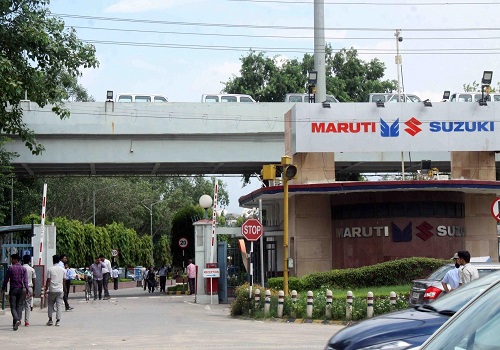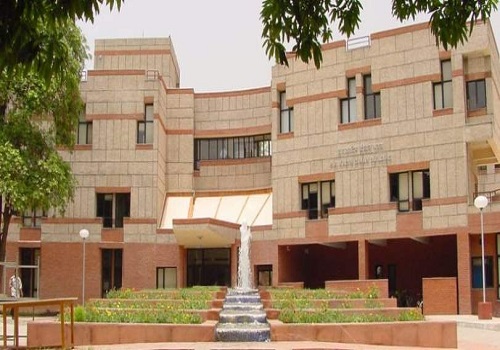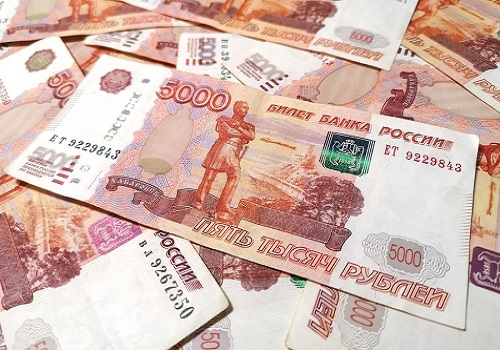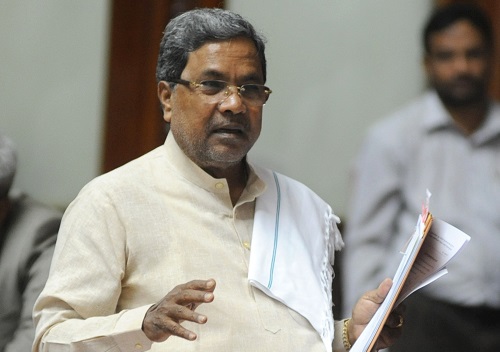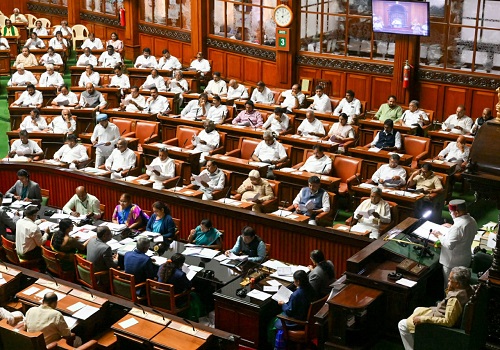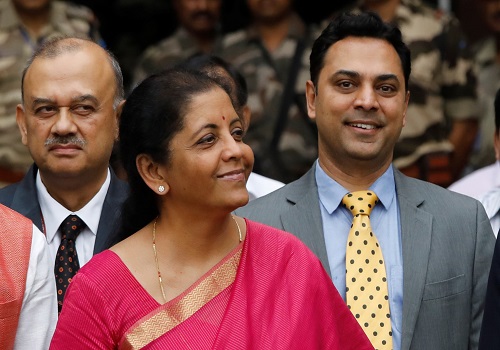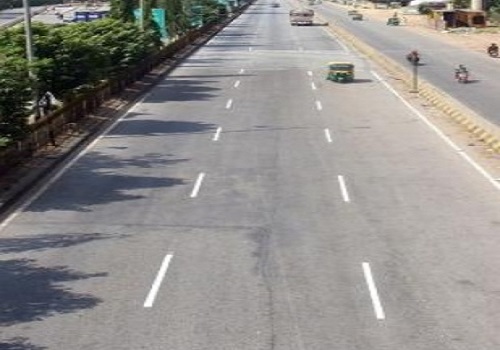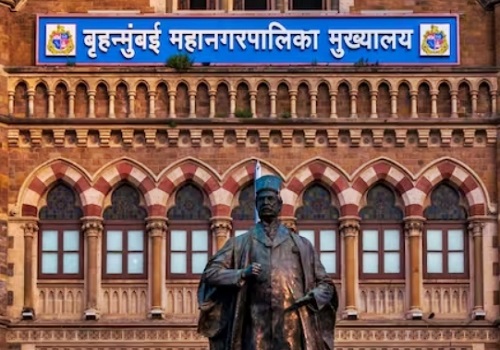Manufacturing landscape shows uneven growth: Economic Survey

Follow us Now on Telegram ! Get daily 10 - 12 important updates on Business, Finance and Investment. Join our Telegram Channel
The manufacturing landscape further shows uneven growth across various categories, with industries such as automobiles and electronics registering impressive performances while sectors such as textiles have been showing tepid growth, as export demand for these products has been mellowing with the slowing of global output and demand, the Economic Survey 2022-23 said on Tuesday.
While growth in the consumer durables component of the Index of Industrial Production (IIP) is on account of the release of 'pent-up' demand, the increase in capital goods and infrastructure/ construction goods is indicative of the beginnings of a virtuous investment cycle that is expected to be led by the private sector.
Amidst heightened global uncertainty, Foreign Direct Investment (FDI) in the manufacturing sector moderated in the first half of FY23. However, inflows stayed well above the pre-pandemic levels, driven by structural reforms and measures improving the ease of doing business, making India one of the most attractive FDI destinations in the world, Eco Survey said.
As companies adapt their manufacturing and supply chain strategies to build resilience, India has a unique opportunity to become a global manufacturing hub this decade. In this context, the government's 'Make in India' initiative has facilitated investment, fostered innovation and built world-class infrastructure while addressing the gaps in domestic manufacturing capabilities.
The Production Linked Incentive (PLI) schemes across 14 categories has further complemented it with an estimated Capex of around Rs 3 lakh crore over the next five years and the potential to generate over 60 lakh jobs. In the medium term, the scheme will help reduce net imports by building domestic manufacturing capacity that will cater to domestic and global needs.












 320-x-100_uti_gold.jpg" alt="Advertisement">
320-x-100_uti_gold.jpg" alt="Advertisement">

